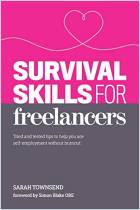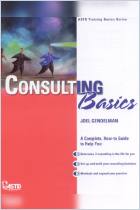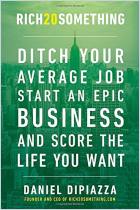Acesse a sua conta getAbstract para obter o resumo!

Acesse a sua conta getAbstract para obter o resumo!
Olga Mizrahi
The Gig Is Up
Thrive in the Gig Economy, Where Old Jobs Are Obsolete and Freelancing Is the Future
Greenleaf Book Group, 2018
Sobre o que é?
How to turn freelancing into a financially rewarding career.
Recommendation
As the advantages of full-time employment diminish – with health insurance, pensions and other benefits fading away – freelance work is an increasingly appealing alternative. Gig work can offer relative freedom and steady financial rewards. In this brief how-to, educator Olga Mizrahi shows how to utilize third-party apps like Upwork or Guru to break into the freelance market and build a reputation. She describes how to move from apps to cultivating your personal client base and even hiring a staff. Mizrahi, an instructor at the University of California, Irvine’s Continuing Education program, offers a quick, peppy survey of the issues freelancers face – from acquiring insurance and planning for retirement to managing their time and contending with bad reviews. Her manual is an apt primer for newbies in the gig economy.
Summary
About the Author
Olga Mizrahi is a teacher in the Digital Marketing Program at the University of California, Irvine’s Continuing Education program. She writes the ChunkofChange blog and a column on small business for the Long Beach Post. For help identifying your Unique Value Proposition, download the worksheet available at ChunkofChange.com/gigisup.

















Comment on this summary